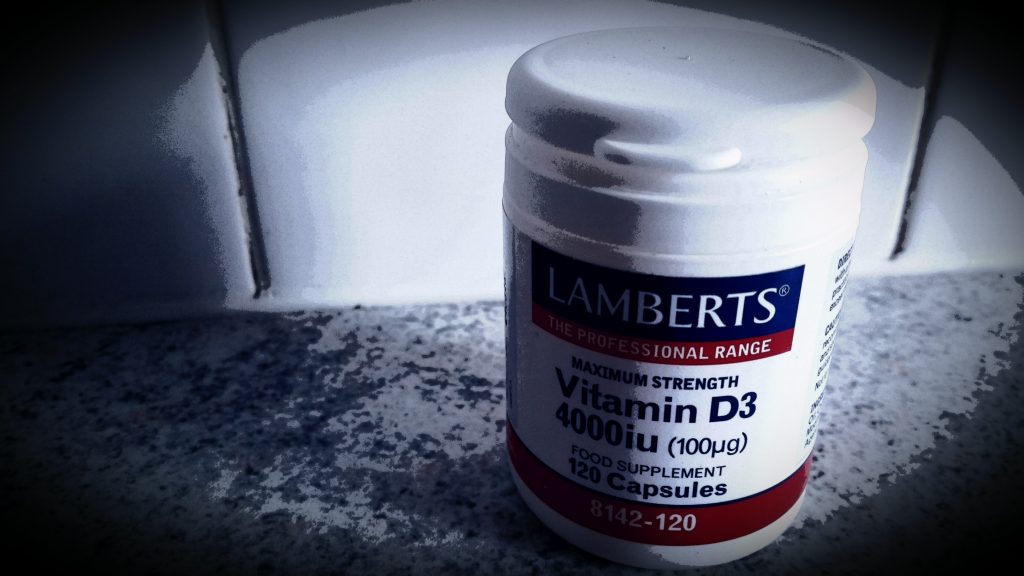 Infertility affects 15 to 25 % of couples of reproductive age in Western countries. Infertility is therefore one of the leading causes of disease in Western nations. Because of the high rates of infertility, couples are increasingly turning to fertility treatment in order to conceive. However, nutrition is an often overlooked facet of infertility, and increasingly it is being shown that nutritional deficiencies and imbalances can have a significant effect on fertility. In animal models, a vitamin E deficiency has been shown to have significant negative effects on the fertility and pregnancy success of female laboratory animals. In human and animals models, a zinc deficiency has also been shown to have significant negative effects on the fertility of males. However, vitamin E and zinc are not the only nutrients to have been shown to be related to fertility problems. Recently vitamin D has emerged as a potential nutrient required for correct reproductive success. This may relate to its hormonal functions.
Infertility affects 15 to 25 % of couples of reproductive age in Western countries. Infertility is therefore one of the leading causes of disease in Western nations. Because of the high rates of infertility, couples are increasingly turning to fertility treatment in order to conceive. However, nutrition is an often overlooked facet of infertility, and increasingly it is being shown that nutritional deficiencies and imbalances can have a significant effect on fertility. In animal models, a vitamin E deficiency has been shown to have significant negative effects on the fertility and pregnancy success of female laboratory animals. In human and animals models, a zinc deficiency has also been shown to have significant negative effects on the fertility of males. However, vitamin E and zinc are not the only nutrients to have been shown to be related to fertility problems. Recently vitamin D has emerged as a potential nutrient required for correct reproductive success. This may relate to its hormonal functions.

In animals models mechanisms have been explored to explain the association between vitamin D deficiency and infertility. One possibility is that a vitamin D deficiency may lead to uterine hypoplasia (a malformed uterus that occurs during foetal development), impaired follicular development or may directly negatively affect ovulation. However, it is difficult to extrapolate these results to humans and so the association between poor vitamin D status and infertility is unclear in humans. Some evidence does suggest that women with adequate levels of vitamin D are more likely to become pregnant. However, studies investigating this are limited and so the picture is not yet clear. The best advice is to make sure that vitamin D status is optimal. This is important for general health as the number of cellular functions for vitamin D is growing rapidly and improved general health may have positive effects on fertility rates indirectly, irrespective of any direct effects.
For example, in one study, researchers investigated the vitamin D levels in a group of female subjects undergoing fertility treatment. The subjects were assessed for their fertility rates and then their vitamin D status was assessed by measuring their 25-hydroxyvitamin D status. The results of the study showed that blood vitamin D levels were positively associated with fertilization rates in the women. Therefore as the vitamin D levels of the women dropped, the rate of fertilization also dropped. However, the vitamin D levels of the women were not associated with the probability of pregnancy developing. Therefore these results suggest that an association exists between vitamin D and fertility, but that the exact role played by vitamin D is not clear. The vitamin D could directly be involved in fertility, or it could be a marker for some other factor that is able to influence the fertility. Either way, making sure that optimal intakes of all nutrients are obtained is pivotal to any reproductive success, and this includes vitamin D.
Eat Well, Stay Healthy, Protect Yourself
RdB
